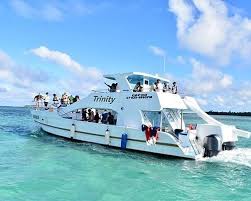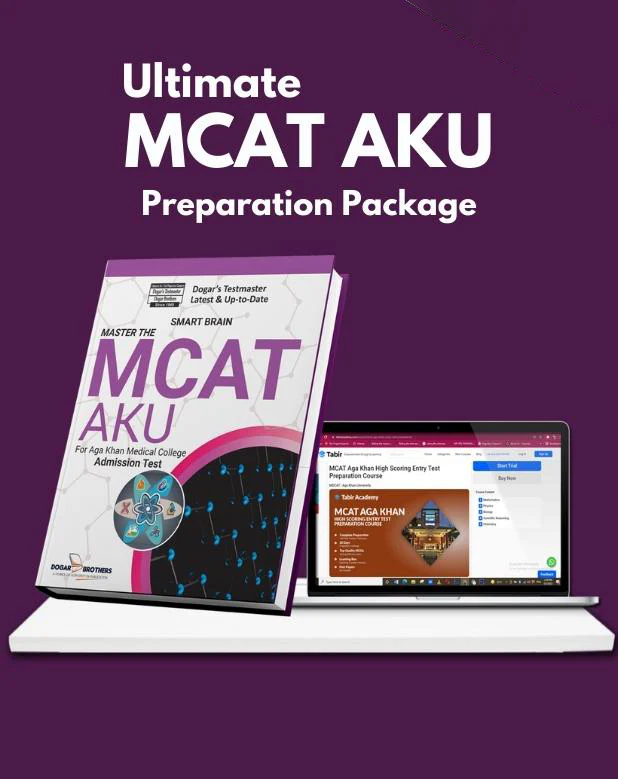Snorkel & Sail: Punta Cana Marine Exploration Cruise
Discover the underwater wonders of Punta Cana on this boat cruise with snorkeling included. Sail to vibrant coral reefs and dive in to swim among colorful fish and marine life. The expert guides provide gear and safety tips, making it suitable even for first-time snorkelers. After your aquatic adventure, relax with a drink and enjoy the scenic sail back to shore. This cruise combines exploration and leisure, offering the best of Punta Cana’s sea life and coastline beauty. https://yaypuntacana.com/product/punta-cana-party-boat/
Discover the underwater wonders of Punta Cana on this boat cruise with snorkeling included. Sail to vibrant coral reefs and dive in to swim among colorful fish and marine life. The expert guides provide gear and safety tips, making it suitable even for first-time snorkelers. After your aquatic adventure, relax with a drink and enjoy the scenic sail back to shore. This cruise combines exploration and leisure, offering the best of Punta Cana’s sea life and coastline beauty. https://yaypuntacana.com/product/punta-cana-party-boat/
Snorkel & Sail: Punta Cana Marine Exploration Cruise
Discover the underwater wonders of Punta Cana on this boat cruise with snorkeling included. Sail to vibrant coral reefs and dive in to swim among colorful fish and marine life. The expert guides provide gear and safety tips, making it suitable even for first-time snorkelers. After your aquatic adventure, relax with a drink and enjoy the scenic sail back to shore. This cruise combines exploration and leisure, offering the best of Punta Cana’s sea life and coastline beauty. https://yaypuntacana.com/product/punta-cana-party-boat/
0 Comentários
0 Compartilhamentos
1K Visualizações
0 Anterior









